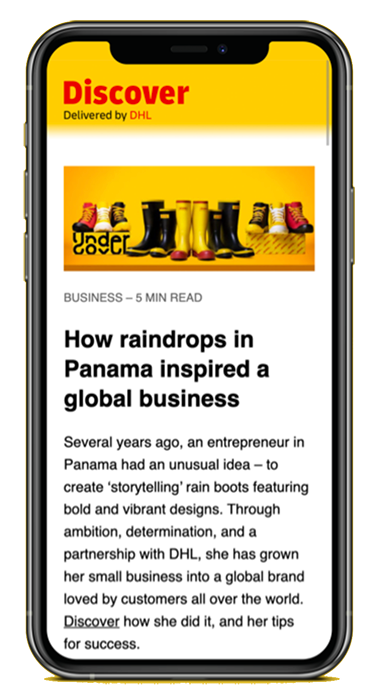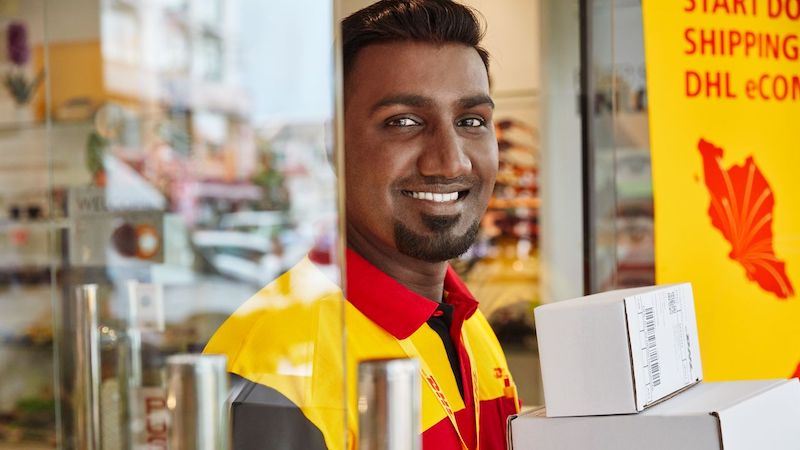Grow your business with the Discover newsletter
Logistics advice & insights straight to your inbox
Subscribe now
In their Trade and Investment Factsheet, the Department for International Trade reported that Singapore imported £18.5 billion worth of goods from the United Kingdom (UK) in the four quarters to the end of Q2 2022 alone. This amount represents a considerable increase from the year before, when Singapore imported £15.7 billion worth of goods from the UK.
The top categories of goods that shipped from UK to Singapore were: mechanical power generators (36.6%), ships (5.6%), beverages (5.4%), and general industrial machinery (5.4%). The high demand for these UK goods in Singapore is supplemented by the resources unique to the UK and can be used to great effect for any Singaporean business operating in the relevant industries that wish to grow.
With the establishment of the UK-Singapore Free Trade Agreement (UKSFTA) in November 2020, businesses from both countries have benefited from the reduction and elimination of tariffs and quotas on goods traded between the UK and Singapore. However, there are still some key considerations for businesses when shipping goods from the UK to Singapore, including:
Albeit not strictly an import tax per se, goods shipped from the UK to Singapore are subject to a standard 8% Goods and Services Tax (GST) from 1 January 2023 onwards, and 9% the following year. This is in addition to any other taxes that may apply, such as prevailing excise duties or customs duties in Singapore.
In addition, with the changes in the Overseas Vendor Registration (OVR) regime, overseas exporters shipping to Singapore must charge GST on low-value goods (S$400 and below). This applies to B2B and B2C supplies of goods.
Goods shipped from the UK will need to go through customs clearance in Singapore. The importer is responsible for ensuring that the required documents are submitted, such as the commercial invoice, packing list, and bill of lading/airway bill. The type of goods being imported will also determine if any other permits are required.


The UK is home to a number of iconic brands and products from and beyond London that have been granted GI status. This includes items such as Scotch whisky, Stilton cheese, and Cornish pasties. When shipping and importing these goods into Singapore for marketing as such, businesses will need to ensure that the required geographical indications are met.
This is done by ensuring that the product:
Is produced in the UK
Conforms to the quality standards set for that particular product
Carries the appropriate labels and packaging
For more information on GIs and a list of UK imports with GI status, businesses in Singapore can refer to the website of the Intellectual Property Office (IPO).
When shipping goods from the UK to Singapore, businesses will need to ensure that their products are not on the list of prohibited or restricted exports. These include items such as endangered species of animals and plants, imitation firearms, tobacco products, and ivory. Organisations looking to import goods from the UK should also seek an understanding of the differences between strategic, prohibited, and restricted goods, such that they can better plan their operations around them. For the full list of prohibited and restricted UK exports, businesses can refer to the website of the Department for International Trade.
All UK exports to anywhere — Singapore or otherwise — are checked against the UK Strategic Export Control Lists before they are shipped out. This check determines whether the items being shipped are control items that require an export licence from the Export Control Joint Unit (ECJU). Goods that are not listed on the Control Lists may still need a licence under End-Use Controls, which applies if the goods are construed to be likely sent to an end-user for military use or use in a weapon of mass destruction (WMD).

Whether shipping from the UK to Singapore or otherwise, it is crucial that businesses leverage efficient import and export of goods to better facilitate smoother operations and scale business growth. In this regard, there is no better international courier for safe and speedy deliveries than DHL Express.
Our import and export services ensure that each and every shipment reaches its destination on time and in perfect condition, such that businesses can take a more hands-off approach on logistics knowing they are undoubtedly well provided for.